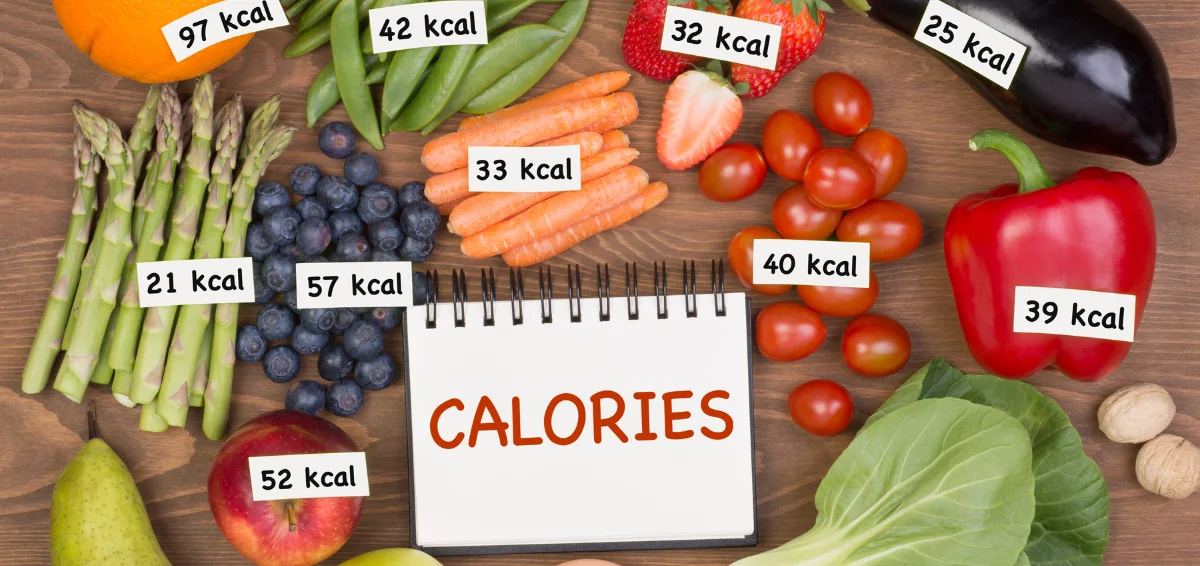
A common problem many teachers face is keeping children interested in learning a subject. This is especially true for those who teach disciplines towards which students harbor anxiety or are scared. The best way to overcome this challenge is to create a conversation around it. This is not just any conversation. It is aimed at stimulating learning about a topic. To engage students in this type of conversation, teachers can use Norman Webb’s Depth of Knowledge (DoK) framework. Using it, teachers can create interesting tasks ranging in complexity while providing scaffolding. Let’s learn more about it below.
Read Also: Community Circle Questions
What is Webb’s Depth of Knowledge?
Depth of Knowledge (DoK) is a framework developed by Normal Webb in 1997. This system organizes prompts, situations, and tasks into four distinct levels of rigor. As students progress from one to the next, they face challenges that demand they apply their cognitive thinking skills more deeply. In other words, activities at every level demand more complex thinking. The four levels of rigor in the DoK are as follows:
Level 1 (Recall)

This level includes rote recall or reproduction of information. It can be recalling a term, procedure, or definition. It can also be the application of a formula.
Level 2 (Skill/Concept)

This level increases in complexity as the students use their cognitive abilities beyond what they are used to. Students are required to make decisions that influence the success of the task assigned to them. Examples of activities at this level include summarizing, predicting, and estimating.
Level 3 (Strategic Thinking)

Level 3 is distinguished from the previous two levels as it requires students to explain their thinking. Students engage in a higher level of thinking, which is characterized by reasoning and using evidence to support their argument. Tasks at this level can have more than one right answer. So, students need to justify their choice with relevant evidence. Some examples include solving complex problems and analyzing data.
Level 4 (Extended Thinking)

This level is suitable for projects, test questions, and assessments that require students to come up with well-thought-out answers or solutions. Consequently, answers to these tasks are not immediate but emerge over a specific period. Students gather information from multiple sources to solve challenges. Activities in level 4 include evaluating texts to discover a theme, finding patterns in information, or creating their own experiments.
DoK Questions for Level 1
In level 1, teachers can ask questions that stimulate students to recall specific information.
Question Stems
- How would you describe ____?
- Can you recognize _____?
- Which of these _____?
- When did ____?
- What is the definition of ____?
- Can you remember _____?
- What is the name of _____?
In a math class, DoK questions can be used to recall a specific formula. Then, you can test the child’s ability to reproduce the information by telling them to solve a question by applying the formula.
In an English Language Arts class, the teacher can ask students to memorize new words and then recall them. Further, you can give them sentences and ask them to use suitable words that they just recalled in them.
DoK Questions for Level 2
In level 2, teachers should ask questions that allow students to engage in exercises that build their understanding of a topic.
Question Stems
- Give an example of ____.
- Give a summary of _____.
- How are _____ different from each other?
- What is the main idea behind ______?
- What would be the appropriate usage of _______?
- Compare and contrast ______.
- What is/was the cause of ______?
- Explain why ______.
An elementary language arts teacher can ask students to find words in a text that illustrate a specific pattern. On the other hand, an elementary math class teacher can ask students to organise some data using a chart or graph. A middle school science teacher can ask their pupils to compare and contrast the working of an electrical motor to that of a generator.
DoK Questions for Level 3
Level 3 DoK questions are all about promoting strategic thinking skills.
Question Stems
- Predict the turn of events of _____.
- Elaborate on _____.
- What is the evidence supporting ______?
- How can you test ______?
- Do you agree with ____? If yes, why?
- What conclusions can you draw ______?
- Why does the author ______?
- Analyze how _______.
Some examples of questions that an English Language Arts teacher can use in level 3 are as follows:
- How does the author create a sense of (insert an emotion) in the story?
- How would you solve this challenge by applying what you have learned about the character so far?
- What evidence can you find in the story that lets you know that this word means (insert the meaning)?
Examples of DoK level 3 activities for mathematics include the following:
- Write the mathematical protocol for a non-routine pattern.
- Explain how modifications in dimensions impact the perimeter and area of a geometric figure.
- Determine the equations and interpret a framework of equations for a specific problem.
- Interpret the data from a series of data displays.
Examples of DoK level 3 questions for a science teacher are as follows:
- Create a research question and design an investigation.
- Test the impact of different variables.
- Defend a position. Examples include national energy policy or nuclear energy use.
- Describe a model that can be used to showcase the relationships within a rock cycle.
DoK Questions for Level 4
Questions and activities in level 4 require high cognitive demand. Students are given tasks that need them to relate ideas within or among content areas. They have to choose or create one approach among the different alternatives to solve the situation.
Question Stems
- How would you assess?
- Create an _____ that _____.
- Examine the validity of _____.
- Apply ____ and find out _____.
- Analyze the effect of ______.
- What further evidence would support your assumption about ______?
Some examples of level 4 activities and questions for an English language teacher include:
- Show how the authors of the first Percy Jackson book and Harry Potter book used a similar plot sequence to begin the story.
- Why do you think so many authors write on themes of friendship, generosity, and love? (NOTE: This activity will be performed only after students have finished analyzing books on similar themes)
- Illustrate the stability of the identified stage through authentic writing patterns and content.
In mathematics, some examples of level 4 activities include the following:
- Gather data over a period of time, considering a number of variables. Then, assess the results.
- Create a rule for a complex pattern and determine a phenomenon that showcases that behavior.
- Construct a non-Euclidean geometry.
For a science class, some examples of DoK level 4 activities are as follows:
- In the previous classes, you understood various things about rocks and minerals. Create a model that will showcase how they can be changed. Then, related this model to another biological cycle.
- Is deep space exploration an important undertaking for humans? Justify your answer with relevant information.
- What facts can you gather from multiple sources to prove the accuracy of Darwinism?
Final Thoughts
DoK framework, when implemented correctly in the classroom discourse, promotes deeper student learning. It stimulates both the educator and the learner to engage in more nuanced thinking. Thus, the DoK system positively affects the teaching-learning environment as students sharpen their cognitive thinking, become better problem solvers, and gain success in their academic and personal endeavors.










